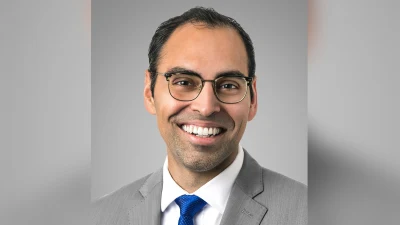Further FOFA consultation needed


The Federal Government needs to go further in removing uncertainty and clarifying key settings around its Future of Financial Advice (FOFA) proposals, according to senior financial services identities attending a Money Management roundtable last week.
Financial Planning Association (FPA) chief executive Mark Rantall (pictured) pointed to continuing uncertainty relating to last-resort compensation scheme arrangements and the parameters of the proposed CP153 educational requirements.
He said an argument existed for the Government to extend the FOFA consultation period to comprehensively encompass these issues.
Other roundtable participants included Association of Financial Advisers chairman Brad Fox, Fidelity Investments chief executive Gerard Doherty, Colonial First State general manager of advice Marianne Perkovic, and TAL chief executive of retail life Brett Clark.
The participants also pointed to the fact that considerable uncertainty remained about the manner in which the Government would handle the grandfathering provisions of the intended legislation.
However, it was Rantall who pointed to the fact that a number of issues had not been aired in the debate process around FOFA, notwithstanding the fact they were currently the subject of Government discussion papers.
“A couple of by-products of FOFA that none of us have touched on are subject to different sorts of discussion papers and are out there for consultation now. They are: the last-resort compensation scheme, and the educational and testing regime housing CP153,” he said.
“It’s interesting that they weren’t actually captured in the announcements and yet are going to have a major impact, both financially and time-wise, on an adviser’s business.
“If you roll those into it, potentially they can be positive initiatives, but once again the detail hasn’t been seen,” he said.
“We’ve still got a lot of work to do; whilst we thought we were nearing the end of the consultation period, perhaps that consultation period needs to be opened up and continued,” Rantall said.
Recommended for you
The Reserve Bank of Australia (RBA) has lowered rates to a level not seen since mid-2023.
Financial Services Minister Stephen Jones has shared further details on the second tranche of the Delivering Better Financial Outcomes reforms including modernising best interests duty and reforming Statements of Advice.
The Federal Court has found a company director guilty of operating unregistered managed investment schemes and carrying on a financial services business without holding an AFSL.
The Governance Institute has said ASIC’s governance arrangements are no longer “fit for purpose” in a time when financial markets are quickly innovating and cyber crime becomes a threat.














